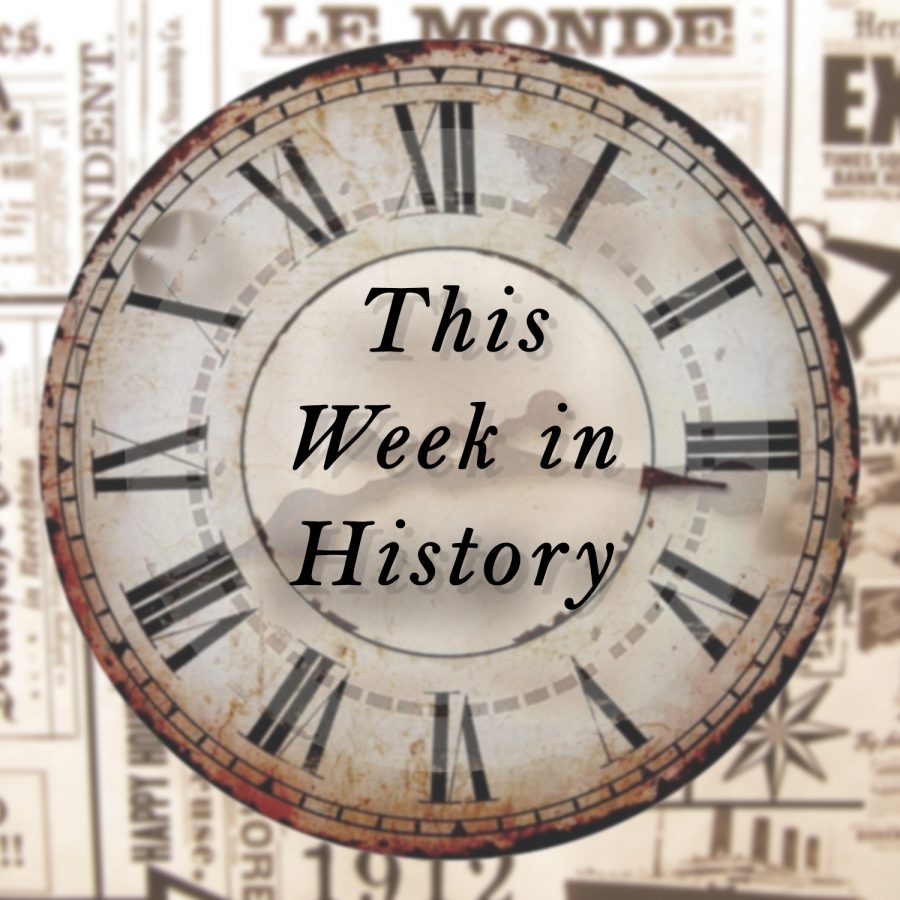- On Oct. 5, 1775, General Washington informed Congress of espionage. Washington received a coded letter that had been intercepted between Dr. Benjamin Church, a surgeon from the continental army, and General Sir Thomas Gage, a British commander. This letter came into Washingtons’ possession via “woman who was kept by Doctor Church”, who turned out to be his mistress. After interrogation, the woman admitted that Doctor Church had been spying for the British. After further investigation, it was found out that he had been spying since 1772. Church was convicted of treason and given a life sentence.
- On Oct 6, 1866, The Reno brothers stopped a train and made off with $13,000. This was the first time a train robbery had been conducted on a moving train. The huge success sparked a wave of train robberies, all following the same method; stop the train in the middle of nowhere so there is no chance of running into the police or curious bystanders. This became such a huge problem that train and railroad owners began placing armed personnel on board in order to deter robbers. By the end of the 19th century, many train robbers were captured, killed, or never heard from again.
- On Oct. 8, 1871, the Great Chicago Fire, also known as The Chicago Fire of 1871, began in a barn owned by Patrick and Catherine O’Leary on the Southwest side. No one knows the true cause of the fire but legend has it that a cow tipped over a lighted lantern within the O’Leary barn. This fire quickly grew out of control, and by Oct. 10 an estimated 300 people died and 100,000 ended up homeless. This tragedy sparked a three day-long period of looting and lawlessness, causing troops of soldiers to come to Chicago and enacting martial law. Despite the huge misfortune, this disaster is what made Chicago into what it is now; a booming city with more than 100 skyscrapers. On the same day of the Great Chicago Fire, The Peshtigo Fire burned more than 280,000 acres of land in Wisconsin, killing about 1,500 people, injuring another 1,500, and forcing 3,000 onto the streets. After this fire, only two buildings remained intact.
- On Oct 7. 1975, Irving Kaufman, a State Supreme Court judge reversed John Lennon’s deportation order. John Lennon was very outspoken against the Vietnam war and the Nixon administration. Protestors of the peace movement even sang Lennon’s song, “Give Peace a Chance” at gatherings. This, coupled with Lennon’s influence with the 18 to 20-year-olds who were about to be able to vote, caused the Nixon administration to order an FBI investigation into Lennon. While this investigation did not uncover any illegal activities, they did find out about a 1968 marijuana conviction in England. This sparked a deportation proceeding against Lennon. After a long fight to remain in the U.S., the court decided not to deport Lennon. Judge Kaufman wrote, “The courts will not condone selective deportation based upon secret political grounds… Lennon’s four-year battle to remain in our country is testimony to his faith in this American dream.”
- On Oct. 8, 2009, a famous self-help guru, James Arthur Ray, caused the death of two and the hospitalization of a dozen others when they attended a botched sweat lodge ceremony near Sedona, Arizona. Part of a five day retreat, this exercise is a Native American tradition meant for purification. This incident sparked outrage from indigenous groups who were angry about Ray’s misuse of their sacred tradition. After a four month trial, Ray was sentenced to three two year prison sentences and had to pay $57,000 in compensation to the victim’s families. Only two years after his sentence on Jul. 12, 2013, Ray was released under supervision.





